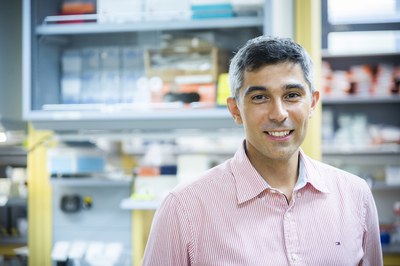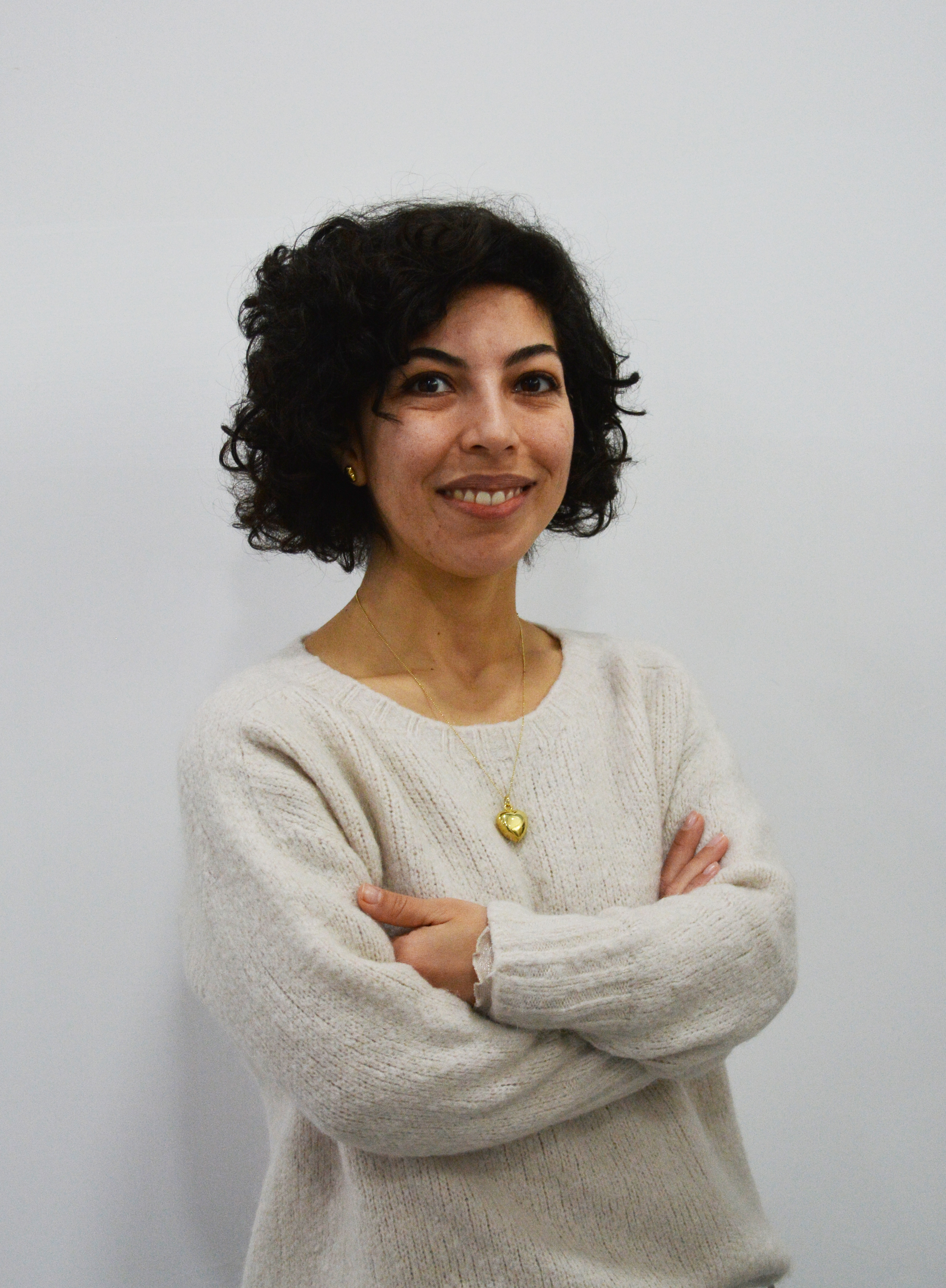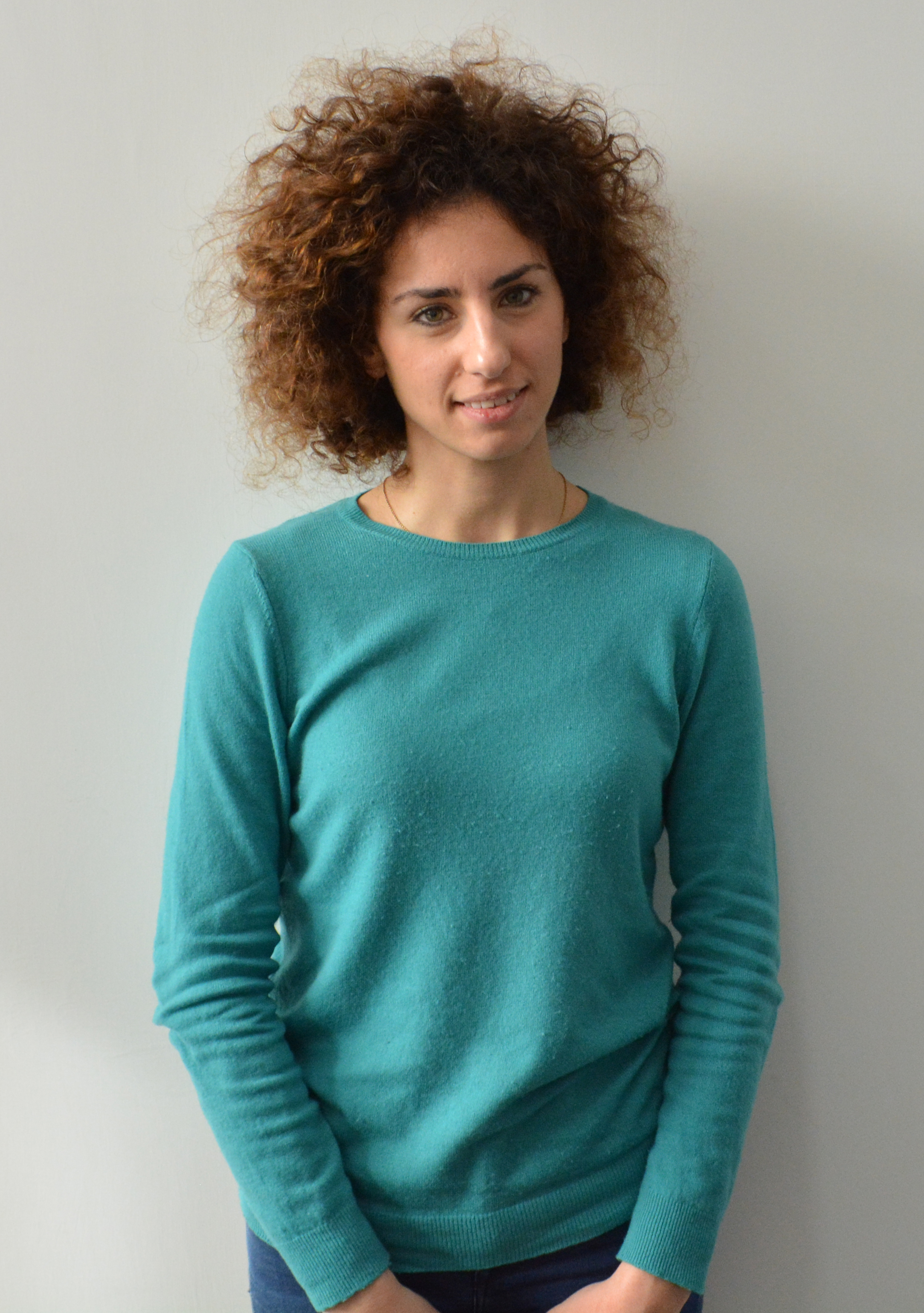Associate Investigator
Other positions:
"Rita-Levi Montalcini" Associate Professor of Molecular Biology - Department of Translational Medicine, University of Naples "Federico II"
"Armenise-Harvard" Principal Investigator of the Laboratory of Integrative Genomics
Davide Cacchiarelli obtained a Master’s Degree and a Doctorate Degree in Genetics and Molecular Biology from University of Rome “La Sapienza”, working on mechanisms of RNA regulation. In 2011, he moved to The Broad Institute of MIT and Harvard and The Department of Stem Cell and Regenerative Biology at Harvard University to focus his research on the rules governing cell fate transitions and reprogramming using genomic approaches. He returned to Italy in 2017 thanks to the Armenise Harvard Foundation Career Development Award and now he leads the Laboratory of Integrative Genomics at TIGEM and coordinates a research group focused on understanding the dynamics of cell fate decisions, funded by an ERC-StG. Davide Cacchiarelli is an experienced genomics leader with a demonstrated history of working in academia and industry. He has made important contributions to the field of descriptive, functional and clinical genomics, epigenomics, and miRNA function. Cacchiarelli’s research leverages an interdisciplinary approach that brings together pluripotency and stem cell biology with cellular engineering, molecular diagnostics, genomic approaches and mathematical modeling.
Integrative genomic approaches to understand human cell fate reprogramming in development and genetic diseases
The past decade has been characterized by unprecedented progress in the field of descriptive genomics, increasing the capacity to finely map regulatory regions and DNA sequence variants, which are responsible for the phenotypic differences between individuals as well as disease susceptibility. Recent findings on the control of gene expression programs has had an essential impact on our perception of transcriptional misregulation in pathologic conditions, as many different disorders are due to mutations in regulatory sequences and their cognate transcription factors. Indeed, numerous mendelian diseases are attributable to alterations in transcription factors acting at the node of gene regulatory networks, often responsible for subtle changes at critical moments of cell fate decisions.
Some transcription factors with dominant roles in controlling cell fate decisions are also capable of reprogramming cell states when ectopically expressed, turning somatic cells into stem cells or new cell identities and thus stimulating new research directions into human regenerative medicine. However, the chance to successfully develop patient-tailored therapies is still very limited because reprogramming technologies lack a comprehensive understanding of the molecular processes involved, and manufacturing cells requires knowledge of the exact combination of genes governing the transitions from the starting cell type to the target type. Also, the precise dynamics through which transcription factors regulate cell fate decisions and to what extent associated DNA sequence variants can determine pathogenic effects are still largely unknown. In our lab, we carry out a multifaceted approach that combines a wide range of genomic strategies to significantly advance our understanding of the regulatory logic driving cell fate during human reprogramming. Our ultimate goal is to improve the quality and fidelity of such strategies to unlock the full potential of induced cell fate reprogramming in regenerative medicine therapies.
- Improved SARS-CoV-2 sequencing surveillance allows the identification of new variants and signatures in infected patients. Genome Medicine, 2022
- Aligning Single-Cell Developmental and Reprogramming Trajectories Identifies Molecular Determinants of Myogenic Reprogramming Outcome. Cell Systems, 2018
- Integrative Analyses of Human Reprogramming Reveal Dynamic Nature of Induced Pluripotency. Cell, 2015
- The dynamics and regulators of cell fate decisions are revealed by pseudotemporal ordering of single cells. Nature Biotechnology, 2014
Complete List of Published Work at MyBibliography
Quote
My research uses integrated genomics approaches to study stem cell biology and identify the mechanisms controlling cell decisions. I recently had the chance to develop an NGS-based project on COVID-19, for which we successfully analyzed thousands of SARS-CoV-2 genomic variants and patients’ transcriptomic profiles.
Additional Funding
- Rita Levi-Montalcini Assistant Professorship Grant (2017- Present), Rita Levi-Montalcini Foundation
- CellKarma ‐ Dissecting the regulatory logic of cell fate reprogramming through integrative and single cell genomics (2018 – 2023), European Research Council – StG
- A functional genomics framework to investigate the molecular basis of rare genetic diseases (2017-2022), Armenise/Harvard Foundation - Career Development Award













